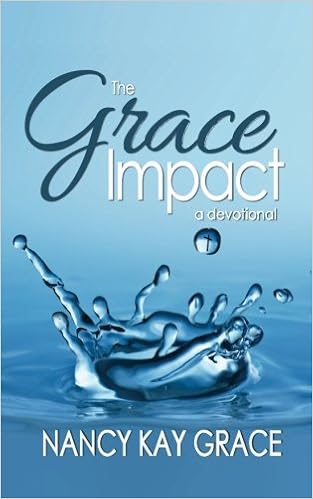by Ava Pennington
I’ve been thinking about crutches lately. Maybe it’s because I recently finished studying the account of Jacob in Genesis 32. After he wrestled with God, Jacob was left with a limp. I wonder, did he require the use of a crutch after that experience?
Physical aids aren’t the only type of crutch. Anyone ever tell you “religion is a crutch”? It’s usually said with a condescending tone, inferring that only weak, foolish people need it.
When did using a crutch become something to be ashamed of? Would you rather walk on a broken leg and compromise the healing process or walk with the support of a crutch while the bone heals stronger than before?
Crutches provide strength and stability to those who need it. Which brings me to Christianity. Christians believe Christ is the answer to the biggest need they will ever have: the need to deal with the sin that separates them from their Holy Creator. We cling to the only solution for this problem: the sinless life, substitutionary death, and resurrection of Jesus Christ.
Those who call Christianity a crutch believe they have it all together. They have no need for a savior because there is nothing they need saving from. But is this realistic?
Do you know anyone who truly has it all together? A thought-life totally under control? Someone who has never lost their temper or spoken an inappropriate word? Anyone without bad habits or selfish motives? No faults at all?
Of course not. Because every one of us is broken in some way. We all fall short of a perfect God. Why wouldn’t we want to receive the only solution to our problem? Wouldn’t it be foolish not to?
Even if one does not believe in God, is it reasonable to believe this world is all there is? That life is a cosmic accident, and we live and die with no more purpose than a hamster racing to nowhere on its exercise wheel? From my perspective, it takes more faith to believe this than to believe God created the world—and us—for an eternal relationship with Him.
I’m not a Christian because I’m strong and have it all together. I’m a Christian because I’m weak and admit I need a Savior. I’m a Christian because my “crutch” is making me healthy and whole. My relationship with Christ gives my life meaning far beyond my brief time on this earth.
Jesus once said, “Healthy people don’t need a doctor—sick people do. I have come to call not those who think they are righteous, but those who know they are sinners and need to repent” (Luke 5:31, 32 NLT).
Who needs a crutch? I’m not ashamed to say I do. Do you?
From the end of the earth I call to You when my heart is faint; Lead me to the rock that is higher than I. Psalm 61:2 NASB
This article is brought to you by the Advanced Writers and Speakers Association (AWSA).


About the Author: Ava Pennington is an author, speaker, and Bible teacher. She’s also a freelance editor, and a certified coach for writers and speakers, and she teaches a weekly Bible Study Fellowship (BSF) class. Ava is the author of Reflections on the Names of God: 180 Devotions to Know God More Fully (Revell Books, 2022), an abridged gift book edition of the one-year devotional, Daily Reflections on the Names of God. Three devotions for each name/attribute explore who God is, and how this changes us and our relationships. Visit her at www.AvaPennington.com to learn more.
Join the conversation: In what ways is God your crutch?




























